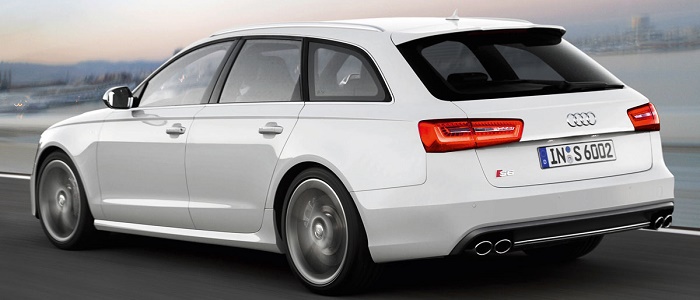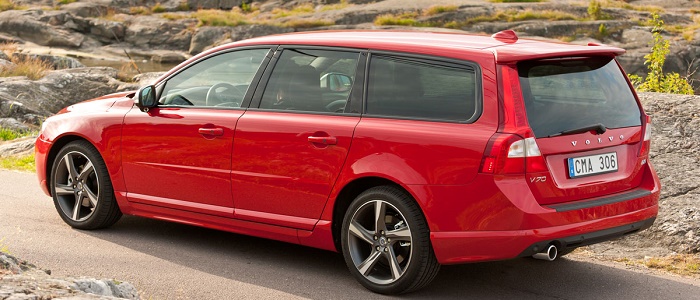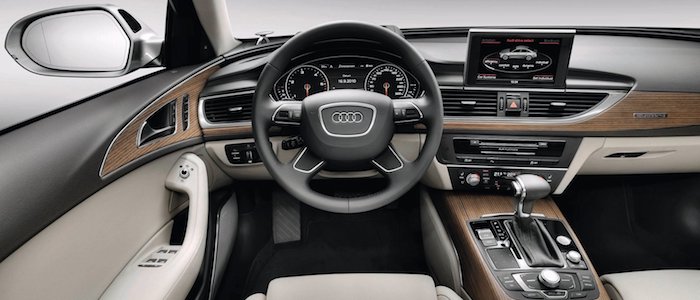Compare two cars
Compare any two cars and get our Virtual Adviser™ opinion
Marketing
Dimensons & Outlines
Engine
Performance (manual gearbox)
Performance (automatic gearbox)
Expenses
Virtual Adviser's™ opinion
Two significantly similar cars, no doubt about that. Still, each one has something different to offer. Having both cars powered by petrol engines and utilizing the 5-door wagon body style within the same 'Luxury car' segment, the only major difference here really is their wheel drive configuration (front for the Audi and 4 x 4 in the case of the Volvo). The first one has a Volkswagen-engineered powertrain under the hood, a 6-cylinder, 24-valves 204hp unit, while the other one gets its power and torque from a 6-cylinder, 24-valves 304hp engine designed by Volvo.
SafetyThe first thing to look into here would be the results from European New Car Assessment Programme (Euro NCAP) tests performed on the two cars. Good thing is that both vehicles got tested, with the same number of safety stars gained in the process. Still, apart from the official crash test results there are other things we need to be aware of. Both vehicles belong to the luxury car segment, which is generally a very good thing safety-wise, but it doesn't do much to help us decide between the two. On the other hand, taking kerb weight as an important factor into account, the Swedish car offers a marginal difference of 4% more metal.
ReliabilityReliability is not the best thing to consider on the make level, but it is worth mentioning that Volvo does have a slight advantage, all the models observed together. That's the official data, while our visitors describe reliability of Audi with an average rating of 4.2, and models under the Volvo badge with 4.6 out of 5. Some independent research have also placed A6 as average reliability-wise, and V70 is more or less at the same level.Above it all, drivers of cars with the same engine as the German car rank it on average as 4.5, while the one under the competitor's bonnet gets 4.6 out of 5.
Performance & Fuel economyVolvo is undoubtly more agile, reaching 100km/h in 1.2 seconds less than its competitor. In addition to that it accelerates all the way to 250 kilometers per hour, 18km/h more than the other car. When it comes to fuel economy an obvious choice would be the German car, averaging around 7.7 liters of fuel per 100 kilometers (37 mpg), in combined cycle. That's 32% difference compared to the Swedish car!
Verdict
Volvo appears just a bit more reliable, although the difference is truly marginal. The most important thing when deciding between any two vehicles should always be safety, both passive and active. In my opinion, everything taken into account, the Swedish car offers slightly better overall protection and takes the lead. It all continues in the same direction, with Volvo being considerably quicker, thus putting more smile on driver's face. It does come at a cost though, and that's the fuel consumption... I believe that, when we take all into account, we have only one winner here - the Audi. Anyway, that's the most objective conclusion I could've came up with and it's based solely on the information found on this website. Aspects such as design, practicality, brand value and driving experience are there for you to measure them out. In case you have two minutes to spare I invite you to define your needs, desires and budget and see which car would be chosen by the virtual adviser™, among thousands of similar, yet so different vehicles.

































